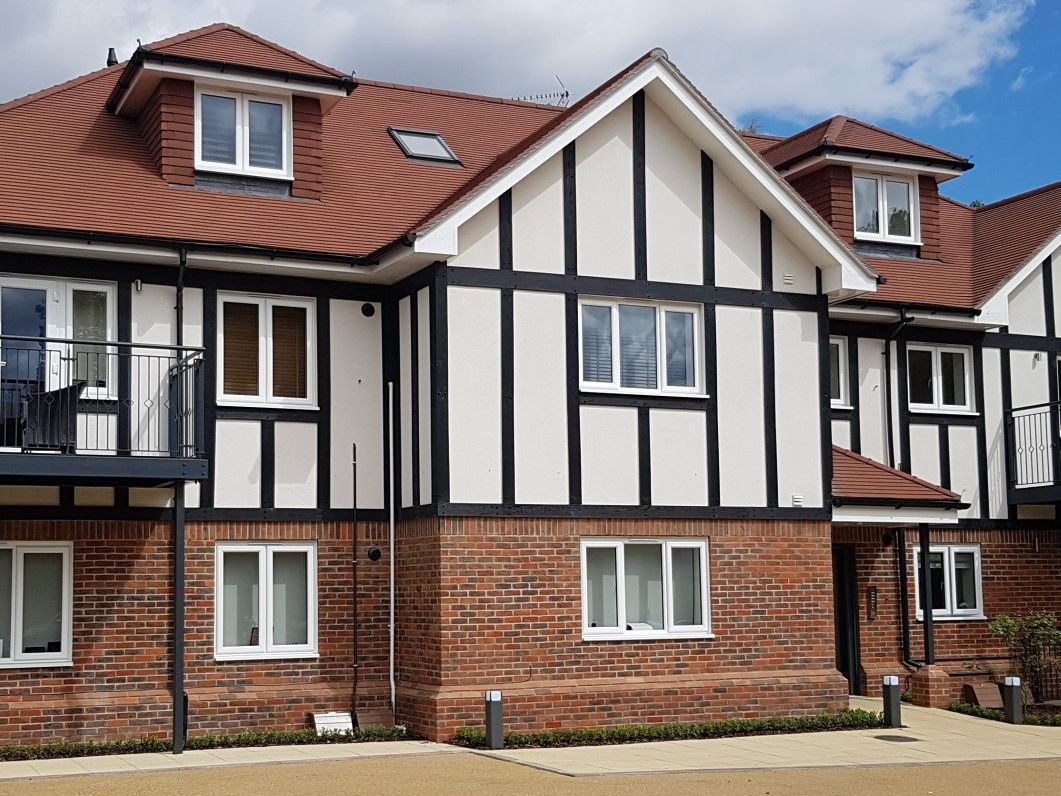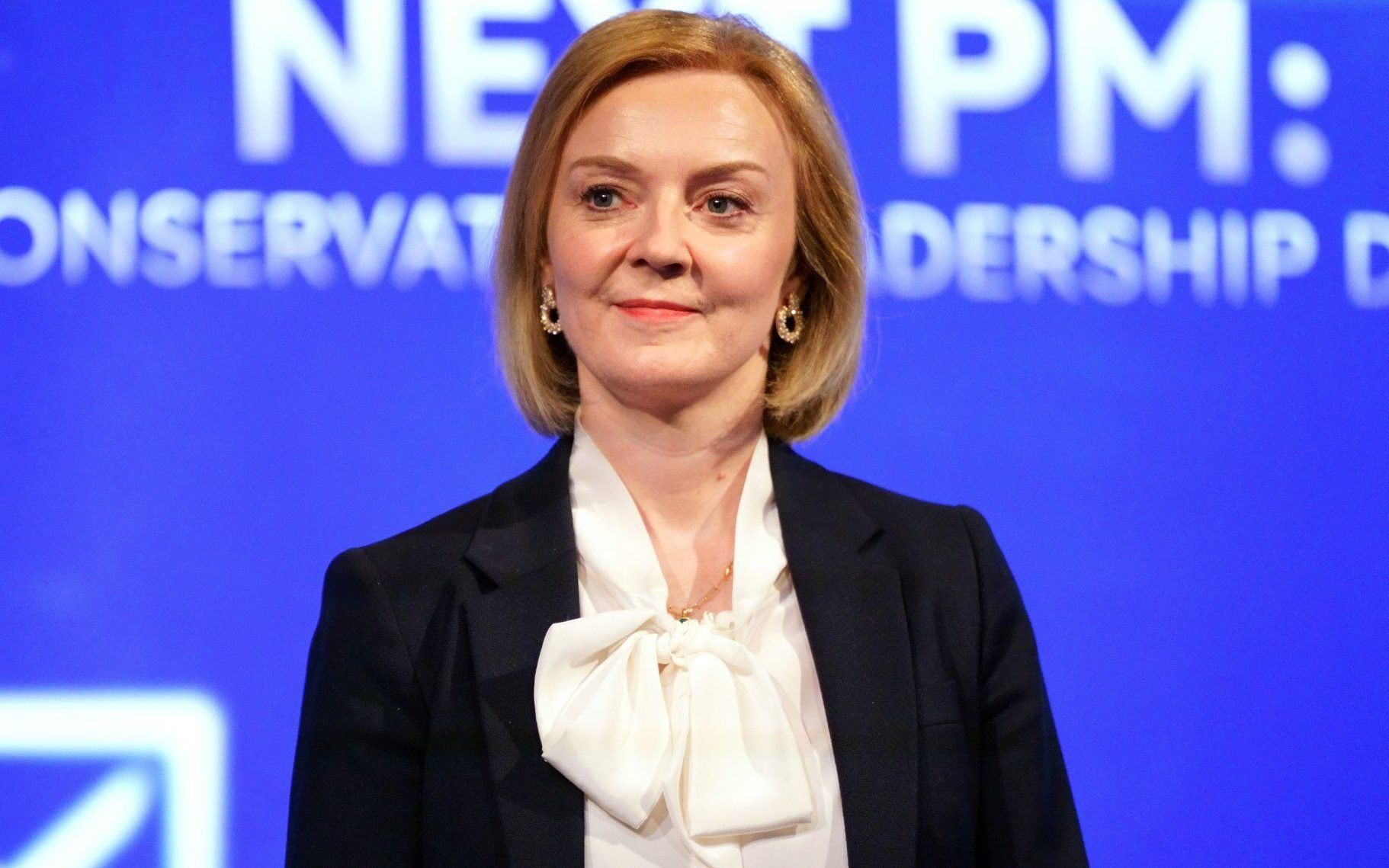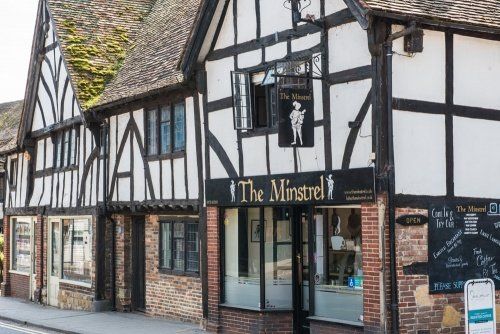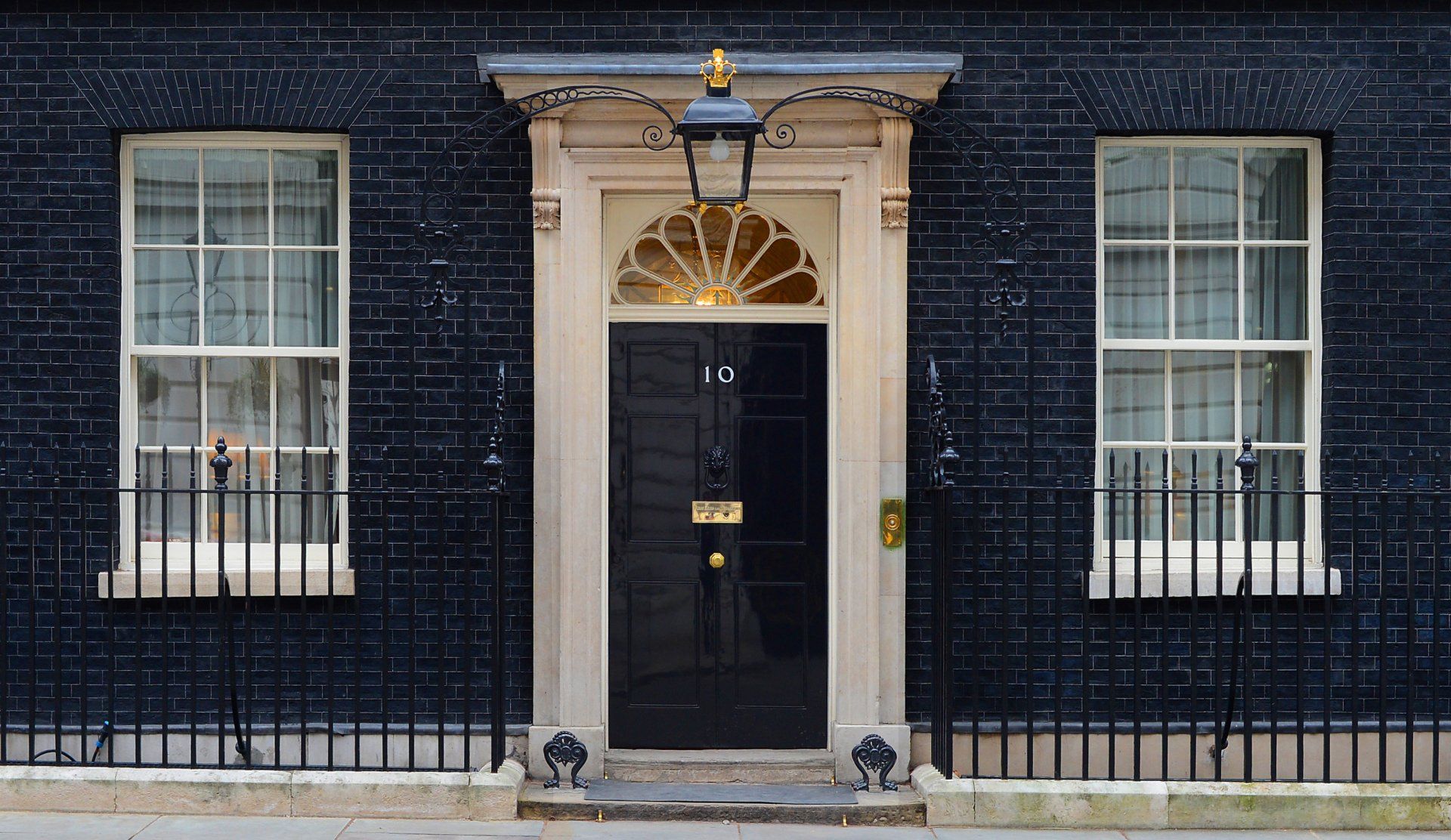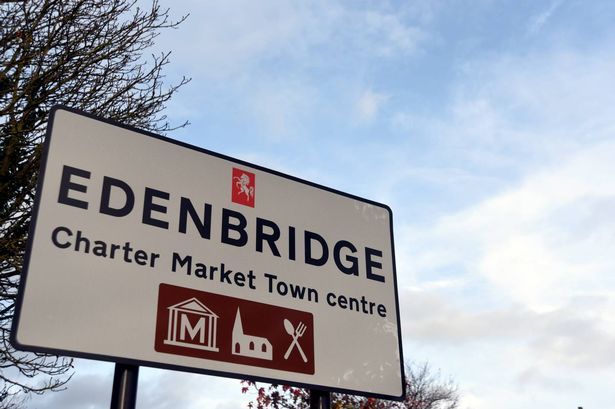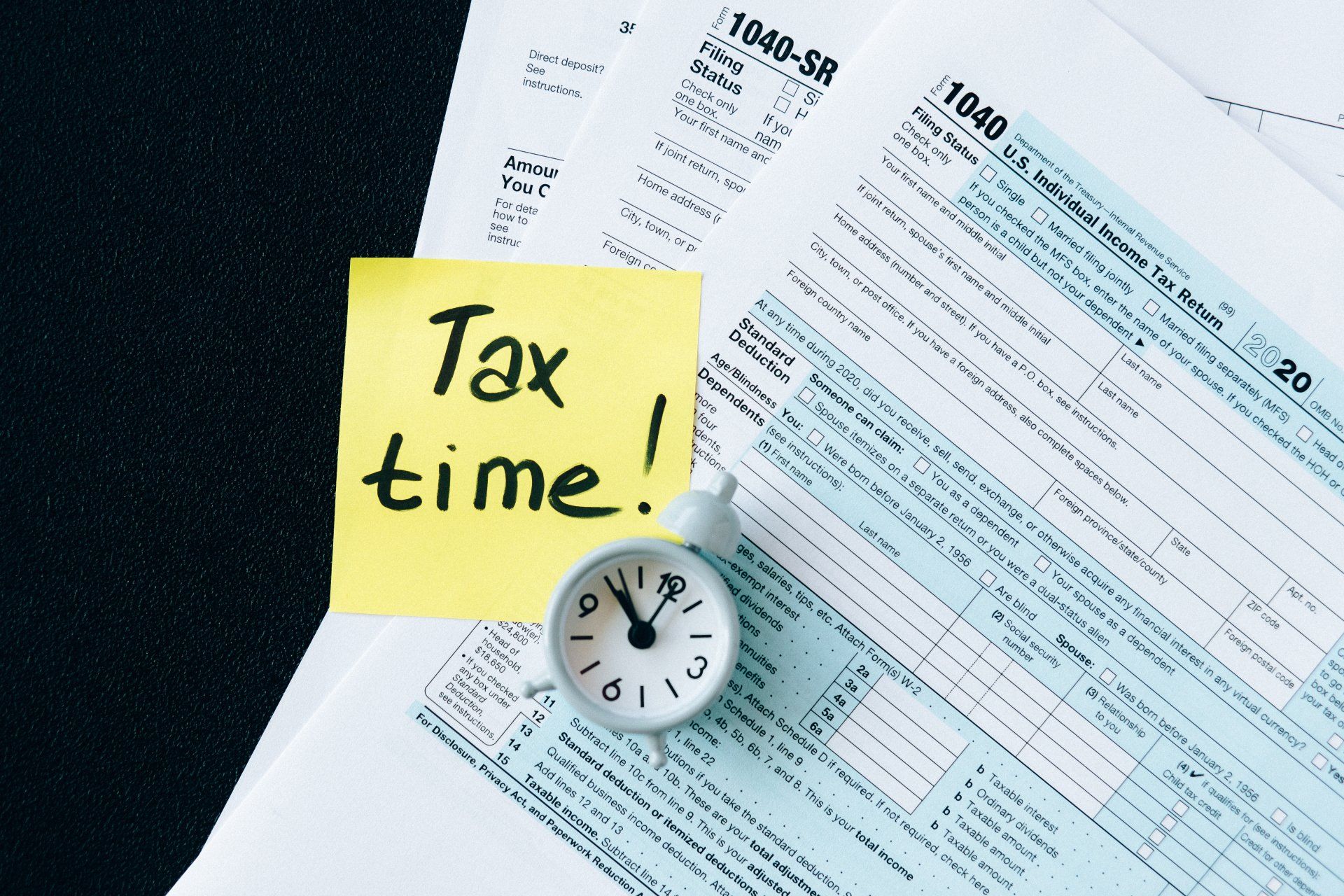Not-So-Real Estate: Property in the Metaverse
What is a Metaverse?
The term “Metaverse” refers to a virtual space in which users can create avatars to interact with the digital environment. There are various metaverses that offer a variety of different activities and opportunities available to users. For example, Grand Theft Auto’s online servers are a form of a centralised and traditional metaverse as they are governed by Rockstar Games and are not blockchain-based. These types of metaverses are typically for recreational purposes only but can offer in-play transactions.
For this article, however, we’ll be looking at decentralised, blockchain-based metaverses such as Decentraland and Sandbox. These are online worlds that are user-governed and, therefore, the infrastructure in place is created by the users themselves. Furthermore, users can interact with each other and purchase items using the cryptocurrency that supports that metaverse. For example, Decentraland is built on the Ethereum network and users can trade with one another using its own cryptocurrency – MANA.
Where Does Property Come Into This?
Well, much like traditional metaverses such as Grand Theft Auto, these virtual worlds simulate (to some extent) the physical world. Metaverses are often split up into districts, much like real cities, depending on what users do with the land that they own. For example, “Fashion Street” and “Vegas City” in Decentraland offer online retail and gambling to its visitors. Given that, individuals and big corporations have seen an opportunity to further market their businesses, increase sales and invest in the cryptocurrency market by developing virtual real estate.
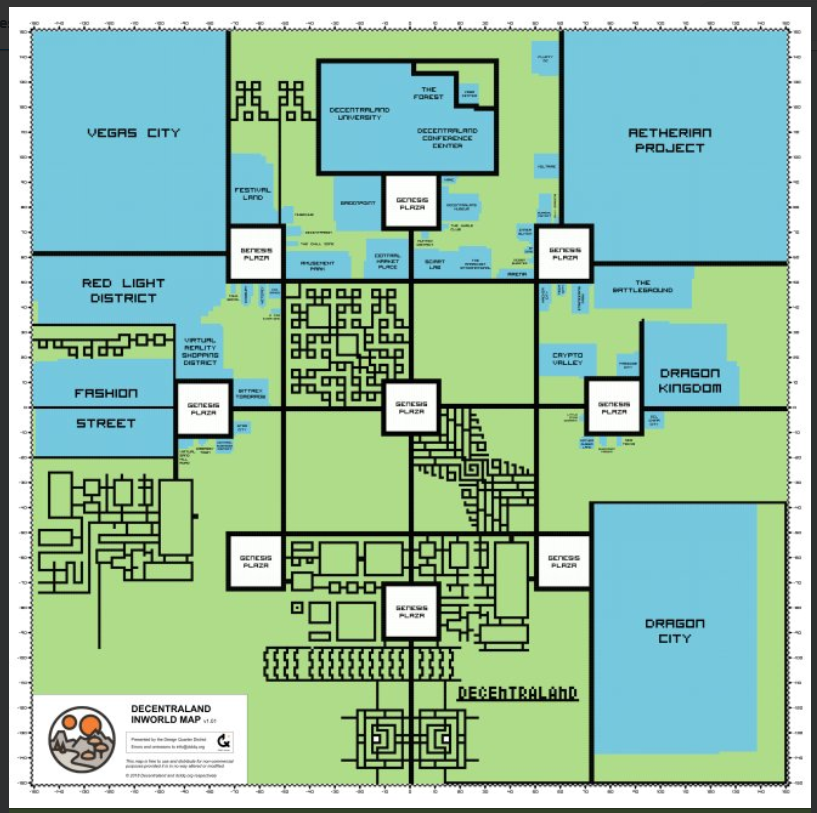
Most notably, in November 2021, the Metaverse Group bought a plot of land in Decentraland’s “Fashion Street” for $2.4 million with the expectation that household name brands (such as Nike, Burberry, etc.) will try to capitalise this space. Andrew Kiguel, CEO of Tokens.com – the parent company of the Metaverse Group – likened the metaverse space to Las Vegas, saying “You could compare it to Las Vegas: One hundred years ago, it was a desert. But gradually, people started building the city, which is now a global hub for entertainment. The metaverse is the same thing.”.
What Does the Future Hold for Property Investment in the Metaverse?
It’s hard to say, but the fundamentals behind this new world of commercial real estate seem to be solid. For example, since online shopping came into existence, high street shopping has decreased in popularity. On one hand, there are customers that miss the social aspect of shopping in-person; but on the other, there are customers that welcome the convenience of it. The same can be said with other industries, such as gambling (online casinos and betting apps) and film (Netflix and Amazon Prime).
However, companies are now trying to combine the convenience of their online services with the personal aspect of in-person shopping. This can be seen in Netflix Watch Party – the ability to watch with a friend from two different locations. Commercial real estate is no different. By having virtual offices, stores, galleries, brands are able to create a public and practical place for their users to visit from the comfort of their own homes.
The information does not constitute financial advice or recommendation and should not be considered as such.

